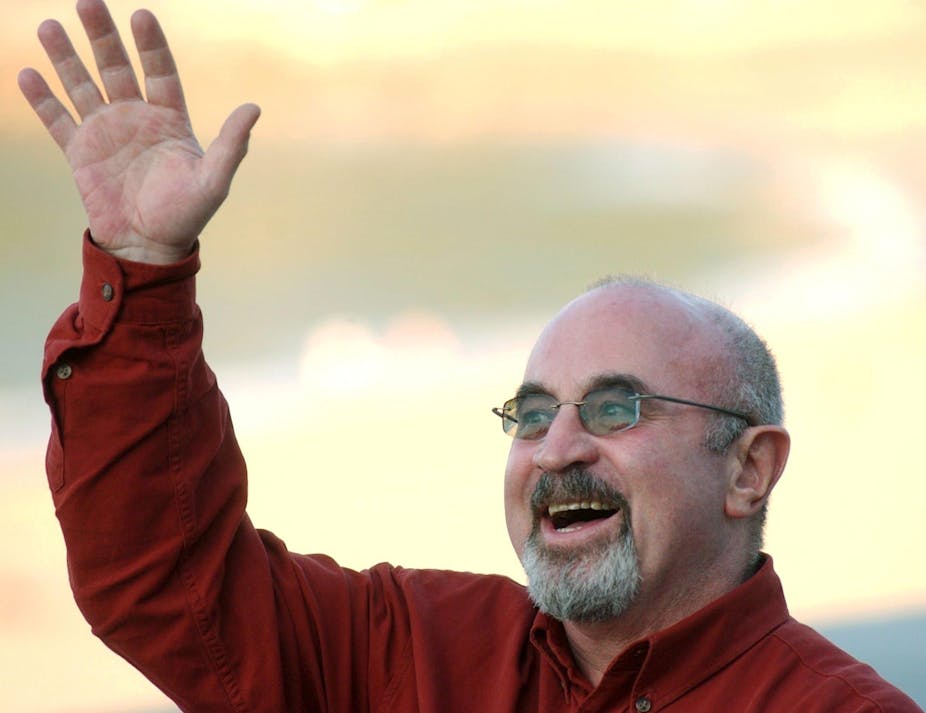Bob Hoskins, who died on April 29, was a distinct presence in every film in which he featured. Extraordinarily versatile, he excelled as charming everyman, murderous gangster, sympathetic loser or manipulative predator, alcoholic detective and the first Director of the FBI.
He was often described by those who interviewed him as a salt-of-the-earth type, an unpretentious, straight-talking Londoner who shunned cinematic glamour and refused to move his family to Los Angeles. Hoskins was candid about his experiences in the film industry and his approach to acting.
He declared the Stanislavski method “obvious” and saw himself as an entertainer rather than an artist. Not remotely vain (he compared himself to both a hippopotamus and Danny De Vito) he also cared little for others’ opinions, following his mother’s wisdom: “If somebody doesn’t like you, fuck ‘em, they’ve got bad taste.” This sage advice was something he passed on to his own children.
As is well documented, Hoskins’s introduction to acting came in the late 1960s – a chance stage audition whilst drunk and waiting for a friend at Unity Theatre.
A quick rise to prominence in films such as The Long Good Friday and Mona Lisa meant that Hoskins was fast-tracked to Hollywood, where Who Framed Roger Rabbit? elevated his international status.
Subsequent performances shone in films good, bad and largely forgotten.
He continued to appear in American films throughout the 1990s and 2000s, and made his final screen appearance in 2012’s Snow White and the Huntsman.
His Hollywood success reached a point where executives told him: “You may as well live here, Bob. It’s where the work is. Where the money is. Get yourself a nice house with a swimming pool.” Hoskins refused to buy in. “It was an attractive offer,” he said, “but I couldn’t possibly have brought my kids up there.” The actor never abandoned his roots, and reserved his most memorable performances for British films and television.
While often remembered for his roles as geezers and gangsters, Hoskins’s work can be seen across the scope of British cinema. He appeared in adaptations of Othello, Vanity Fair and David Copperfield. His working class background meant roles as trade union supporters in Made in Dagenham and Outside Bet appealed.
And in addition to his celebrated turns in gritty 1980s crime films, he featured in (admittedly poorly received) vigilante dramas Parting Shots and Outlaw. He worked with significant British filmmakers from Neil Jordan to Shane Meadows via Stephen Frears and Michael Winner. He proved his comic ability in Terry Gilliam’s eccentric Brazil and even advocated mid-90s girl power in a Spice World cameo.
Hoskins was a figure who will be ever associated with British pop culture. He was an icon of cockney cool, as relevant and recognisable in a contemporary pop video (Jamie T’s Stella), as he was as The Long Good Friday’s psychopathic Harold Shand. He will be remembered as an interesting and versatile performer, and as a man who found international success.
Yet, he viewed his Hollywood roles as an opportunity to make “fuck-you money” so he could continue doing what he loved on his home turf. This rings, perhaps, with what Shand spits at a pair of NYC mobsters in Friday’s conclusion:
Us British, we’re used to a bit more vitality, imagination … someone who can contribute to what England has given the world. Culture, sophistication, genius … a little bit more than an ‘ot dog, know what I mean?

